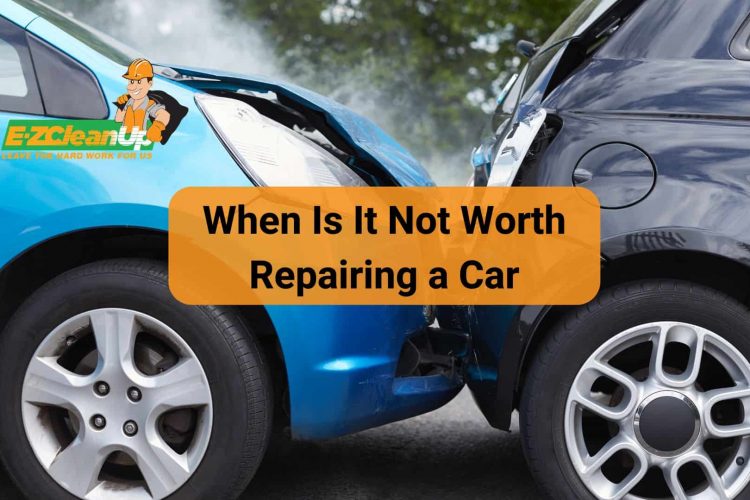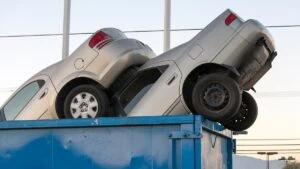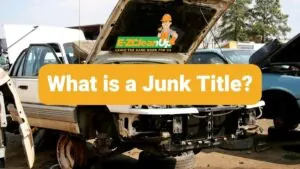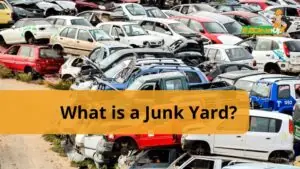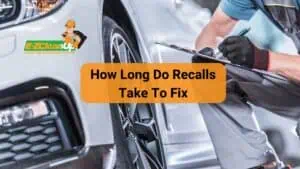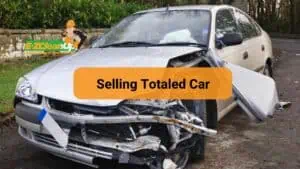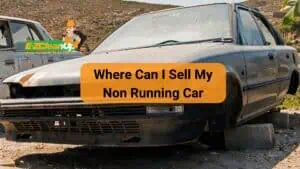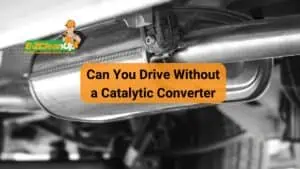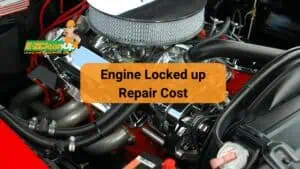It is generally not worth repairing a car when repair costs exceed the vehicle’s current market value, when frequent breakdowns suggest declining reliability, or when safety features in newer models significantly outweigh those in the current vehicle.
Learn more about when is it not worth repairing a car and how to balance the factors to help you decide in our guide below.
Assessing the Costs of Car Repairs Versus Replacement
The first step in deciding whether to repair or replace your car is to calculate the potential repair costs and compare them to your car’s current market value. Generally, if repair costs approach or exceed the value of the car, it may be more financially sensible to invest in a new or used vehicle.
For example, common repair costs like replacing a transmission can range from $3,500 to $5,000, while a cylinder head replacement might cost between $3,000 and $3,500.
Once you have an estimate of these costs, you can check the market value of your vehicle using tools like Kelley Blue Book, which provides a fair estimate based on your car’s condition and market trends.
If the repair estimate nearly equals or surpasses the value of your car, or if it’s equivalent to what you might pay annually for car payments, then it might be time to consider replacement. This decision not only prevents future financial loss but also mitigates the risk of further costly breakdowns.
Understanding Depreciation and How It Affects Your Car’s Worth
Depreciation plays a significant role in assessing a car’s value, particularly when deciding whether to repair or replace it. Typically, new cars depreciate by 20% to 30% within the first year. This makes it a critical factor when evaluating your vehicle’s worth.
The exact rate of depreciation depends on various factors:
- Make and model: Certain car brands depreciate more quickly, while others retain their value better. Luxury vehicles often depreciate at a faster rate than more economical models.
- Mileage and usage: The more miles a car has, the less it’s generally worth. If the car has been heavily used, it might also show more wear and tear.
- Condition: Visible damage or mechanical issues can significantly reduce a car’s value. A well-maintained vehicle will depreciate at a slower rate.
- Age: As a car ages, its value tends to decrease. However, some classic or collector cars may appreciate over time.
Identifying When Repair Costs Exceed the Vehicle’s Value
When deciding whether a repair is cost-effective, the repair cost should be compared to the car’s market value. If the repair costs are higher than the car’s value, it might not be worth fixing.
Here’s how you can evaluate when repair costs exceed the vehicle’s value:
- Estimate repair costs: Obtain quotes from trusted mechanics to understand how much the repairs will cost. Significant repairs, such as transmission replacement, can range from $3,500 to $5,000.
- Check the car’s market value: Use tools like Kelley Blue Book to determine the vehicle’s current market value. If the repair costs are close to or exceed this value, it may be more economical to sell the car or trade it in.
- Consider the vehicle’s overall condition: If the car requires multiple major repairs, it might indicate that it’s reaching the end of its lifespan. Frequent breakdowns and safety concerns also suggest that it may be time to replace it.
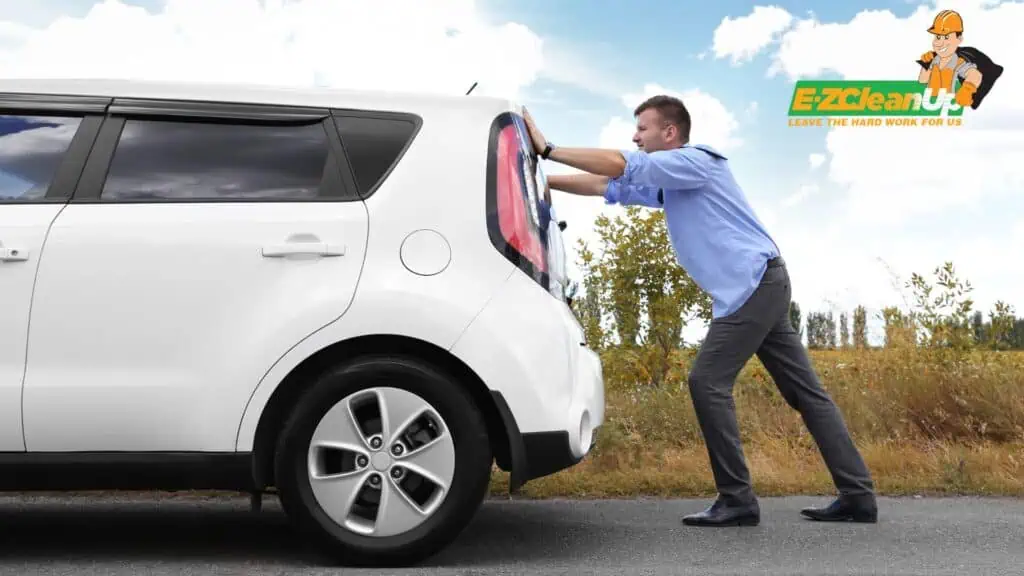
Recognizing Signs of a Dying Car
When your car starts showing signs of failure, it’s crucial to recognize these as potential indicators that your vehicle may soon need significant repairs or replacement. Here are the symptoms that suggest your car is nearing the end of its useful life.
Frequent Breakdowns and Reliability Issues
Repeated breakdowns are a clear sign that your car is becoming less reliable. If you find yourself frequently visiting the mechanic for emergency repairs, it may be more cost-effective in the long run to consider replacing the vehicle.
This consistent unreliability not only affects your schedule but can also lead to higher maintenance costs over time.
Major Mechanical Problems That Can Signal the End of a Car’s Useful Life
Major mechanical issues, such as engine failure, transmission problems, or significant electrical faults, can indicate that your car is on its last legs.
For instance, transmission replacements can cost between $3,500 and $5,000, which might not be a worthwhile investment if the car’s overall value is low. Such critical problems often come with high repair bills that could exceed the value of the car itself.
Safety Concerns That Compromise the Driver’s and Passengers’ Security
Safety is crucial when it comes to vehicle reliability. Older vehicles often lack the latest safety features like automatic emergency braking or blind-spot monitoring, which are common in newer models.
If your car has safety issues, such as faulty airbags or persistent mechanical problems that could lead to accidents, it’s a strong indicator that you should replace it. Driving a car that is unsafe not only puts you at risk but also other road users.
Recognizing these signs early can save you from the inconvenience and potential danger of driving a car past its prime. It’s important to assess these factors carefully and decide whether maintaining your current vehicle is the best choice or if it’s time to invest in a new or used car.
Evaluating the Impact of Newer Car Features
When considering upgrading to a newer vehicle, it’s important to evaluate the advancements in safety features, fuel efficiency, and technology that modern cars offer. These enhancements not only improve the driving experience but also contribute to the vehicle’s long-term value and operational costs.
Comparing Safety Features in Newer Models Versus Older Cars
Safety technologies in new cars have advanced significantly. Features like Automatic Emergency Braking (AEB) and Blind Spot Warning (BSW) are now more common and have been proven to reduce accidents and injuries.
For instance, AEB systems work by detecting an impending collision and automatically applying the brakes if the driver fails to respond. These features make newer models considerably safer compared to older cars, which may lack these advanced systems.
Assessing the Benefits of Improved Fuel Efficiency in Newer Vehicles
Fuel efficiency has seen remarkable improvements due to advancements in engine technology and the integration of hybrid systems. Modern vehicles are designed to optimize fuel usage, which not only reduces the cost of running the vehicle but also lessens the environmental impact.
For example, hybrid cars combine an internal combustion engine with an electric motor. This lowers fuel consumption and emissions compared to traditional gasoline engines.
Considering Technological Advancements and Their Importance to You
The integration of digital technology in vehicles has transformed the driving experience, with features like smartphone integration, advanced navigation systems, and digital dashboards becoming standard.
Connectivity features such as Apple CarPlay and Android Auto offer seamless integration of smartphone apps, making it easier to use navigation, stream music, and handle calls safely while driving.
These technological advancements enhance comfort and convenience while playing a critical role in the operational functionality of modern vehicles. Deciding on their importance is crucial when considering a new car purchase, especially for users who value connectivity and up-to-date technology.
Financial Considerations Beyond Repairs
Insurance plays a significant role in the cost-effectiveness of repairing your car. Premiums, which are the annual costs you pay for insurance coverage, can vary significantly based on the vehicle’s condition and repair history.
Lower deductibles might result in higher premiums, which can influence whether it’s worth maintaining an older car.
Analyzing the Impact of Ongoing Maintenance Expenses
Regular maintenance can escalate in cost as a vehicle ages. It’s important to consider how these costs compare to the ongoing expenses of a newer vehicle. Often, newer cars require less maintenance, which can be a significant saving.
However, the initial higher purchase price and potential insurance costs must also be considered.
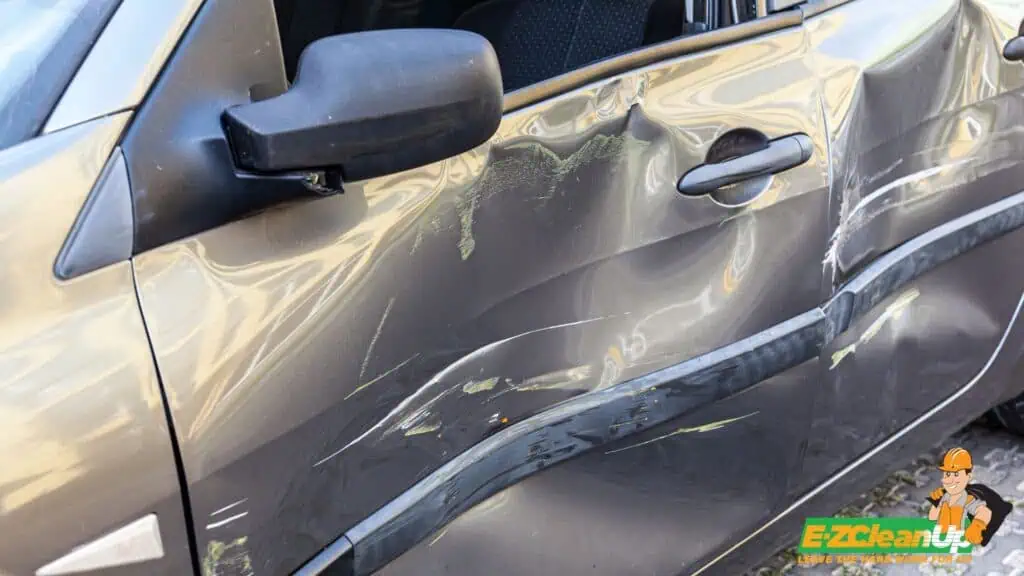
Projecting Future Costs and Savings from Not Repairing
When projecting the future costs of keeping an older car, consider not only the immediate repairs but also potential future issues that could arise. Comparing these projected costs with the expense of purchasing a new vehicle can help determine the most financially prudent option.
Sometimes, setting aside money regularly towards a new car fund is more beneficial than continuing to invest in a declining vehicle.
Making the Final Decision
Deciding whether to opt for a new or used car over repairs depends on several factors. If the repair costs of your current vehicle exceed its value or if it’s frequently in need of repairs, investing in a new or gently used vehicle might be more economical in the long run.
New cars generally come with warranties, the latest technology, and safety features. They offer peace of mind and reduced maintenance costs. However, used cars can also be a cost-effective choice, especially if they are well-maintained and have a good reliability record.
Environmental Considerations in the Disposal of an Old Car
When disposing of an old car, it’s crucial to consider the environmental impact. Cars contain hazardous materials like oil and battery acid, which can harm the environment if not disposed of properly.
Opting to recycle your car allows for the safe disposal of these materials and ensures that most parts of your car are reused or repurposed. This not only minimizes waste but also conserves resources and reduces the need to extract new materials.
Strategies for Responsibly Discarding Your Old Vehicle
Responsibly discarding your old vehicle involves more than just taking it to a scrap yard. Here are several options:
- Donate: Your old car can be donated to charities that may use it for their operations or sell it to fund their programs. This option might also provide you a tax deduction.
- Sell to a Recycling Facility: This ensures that your car is broken down responsibly, with parts either being reused or recycled. Such facilities will handle hazardous materials properly.
- Part Out: If you’re mechanically inclined, you might consider stripping your car and selling the parts individually. This can maximize the value you get from your vehicle, especially from its metal components, though it requires significant effort and knowledge.
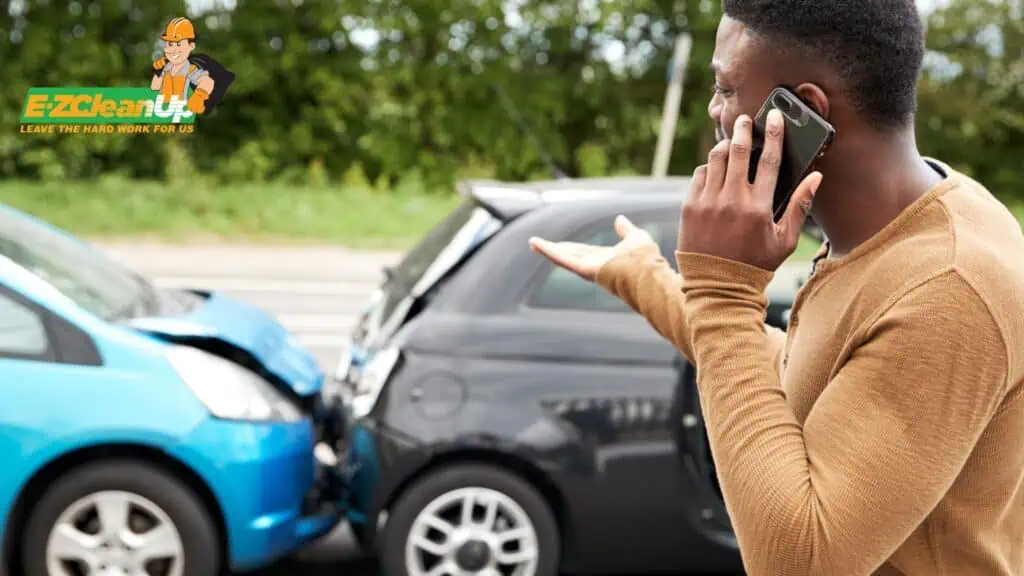
Repair, Replace, or Sell?
Deciding to let go of your vehicle due to overwhelming repair costs and frequent breakdowns is never easy. When your vehicle no longer serves its purpose safely or economically, it’s crucial to find a reliable exit strategy.
EZ CleanUp offers just that—a reliable, beneficial way to part with your vehicle. Aside from removing most types of junk, including construction debris, furniture, and appliances, we also specialize in paying cash for old cars. Our approach is straightforward—focusing on your needs and providing easy solutions to your car disposal problems.
Reach out to us to find out more.

